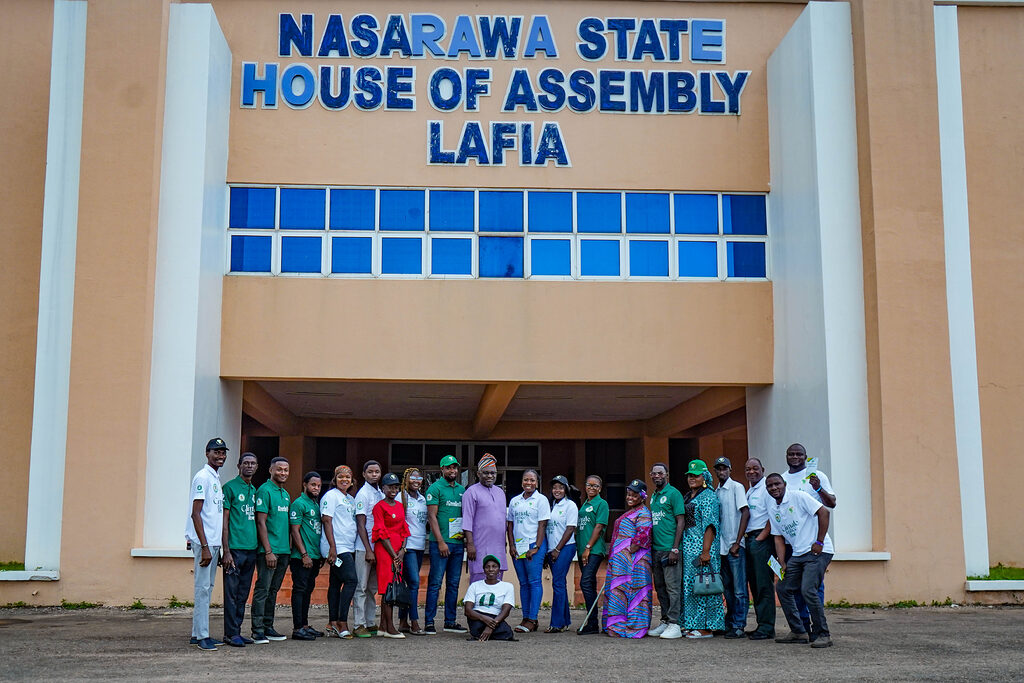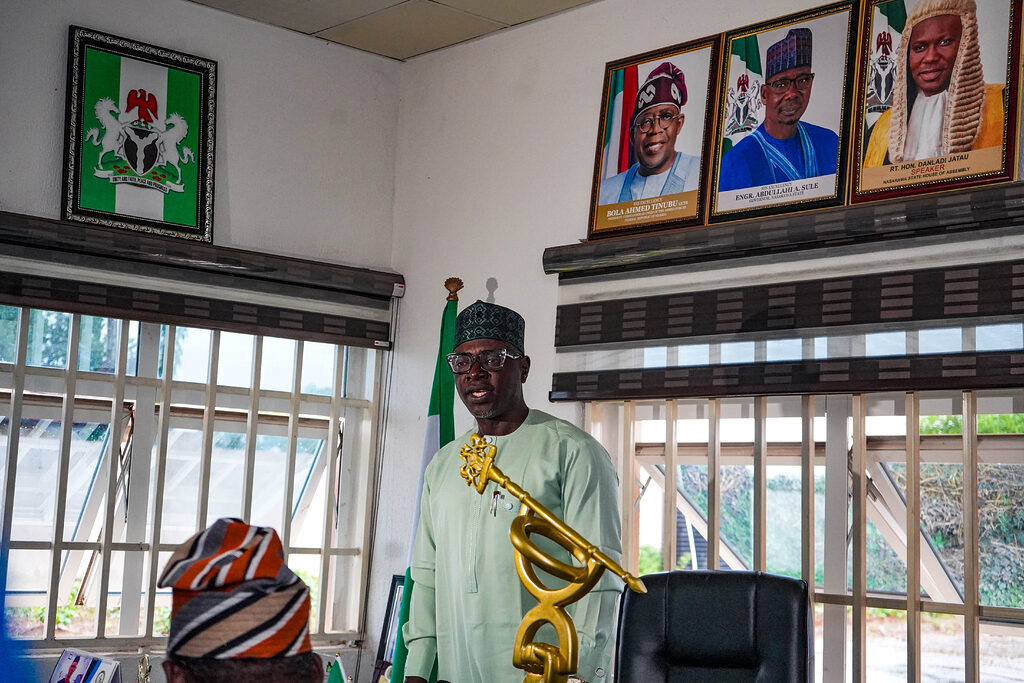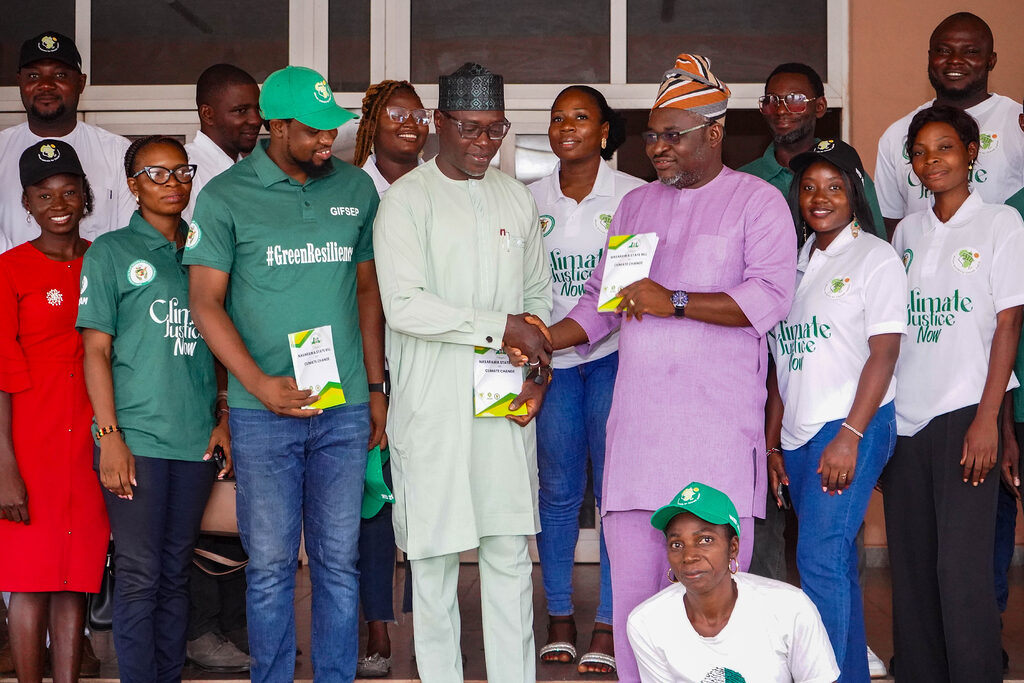Over time, citizens increasingly perceive their political officials as distant individuals. This issue is attributed to the fact that political leaders’ interactions with communities are primarily focused on securing votes and their interactions with these communities and the broader civic space are often strained due to financial demands made by the populace. The aforementioned scenario illustrates a lack of cooperation between those elected into positions of political authority and those they lead.
However, this narrative is changing. Through the African Activists for Climate Justice (AACJ) project, spearheaded by the Global Initiative for Food Security and Environment (GIFSEP) with support from Oxfam, a new path is being forged—one where citizens, businesses, and governments are mobilized to advance climate justice together.

Climate justice requires more than just environmental action—it calls for fairness, equity, and accountability from all sectors of society. To achieve this, governments need to introduce policies and enact laws that guide key stakeholders, including businesses, communities, and individual citizens, toward sustainable practices. Strong legal frameworks can shape social norms, set environmental stewardship standards, and empower societies to take collective action to safeguard the planet for future generations while individuals set their demands not based on personal gains but for the good of society and the environment.
Among our efforts in pushing for citizen-centred policies inclusively and equitably, particularly for vulnerable communities, is our recent visit to the Nasarawa State House of Assembly, where the Nasarawa State Network for Environment and Climate Justice (NASNECJ), a youth-led network supported by AACJ, met with Honourable Omadefu Mohammed, Chairman of the House Committee on Environment and Housing. The goal of the meeting was to lobby for the swift passage of the State Climate Change Bill, a critical piece of legislation aimed at addressing the severe impacts of climate change in Nasarawa. The proposed bill would provide a legal framework to mitigate climate risks and help build resilience among vulnerable populations.

The meeting with Honourable Omadefu brought renewed hope to the people of Nasarawa. For many, the passage of the State Climate Change Bill represents a long-awaited opportunity to secure a safer, more sustainable future. The dialogue also underscores the power of grassroots activism in shaping public policy.

By empowering citizens to engage directly with legislators, we continue our drive to foster a new era of civic participation in which communities can advocate for their climate resilience through robust and positive relationships with their representatives.
